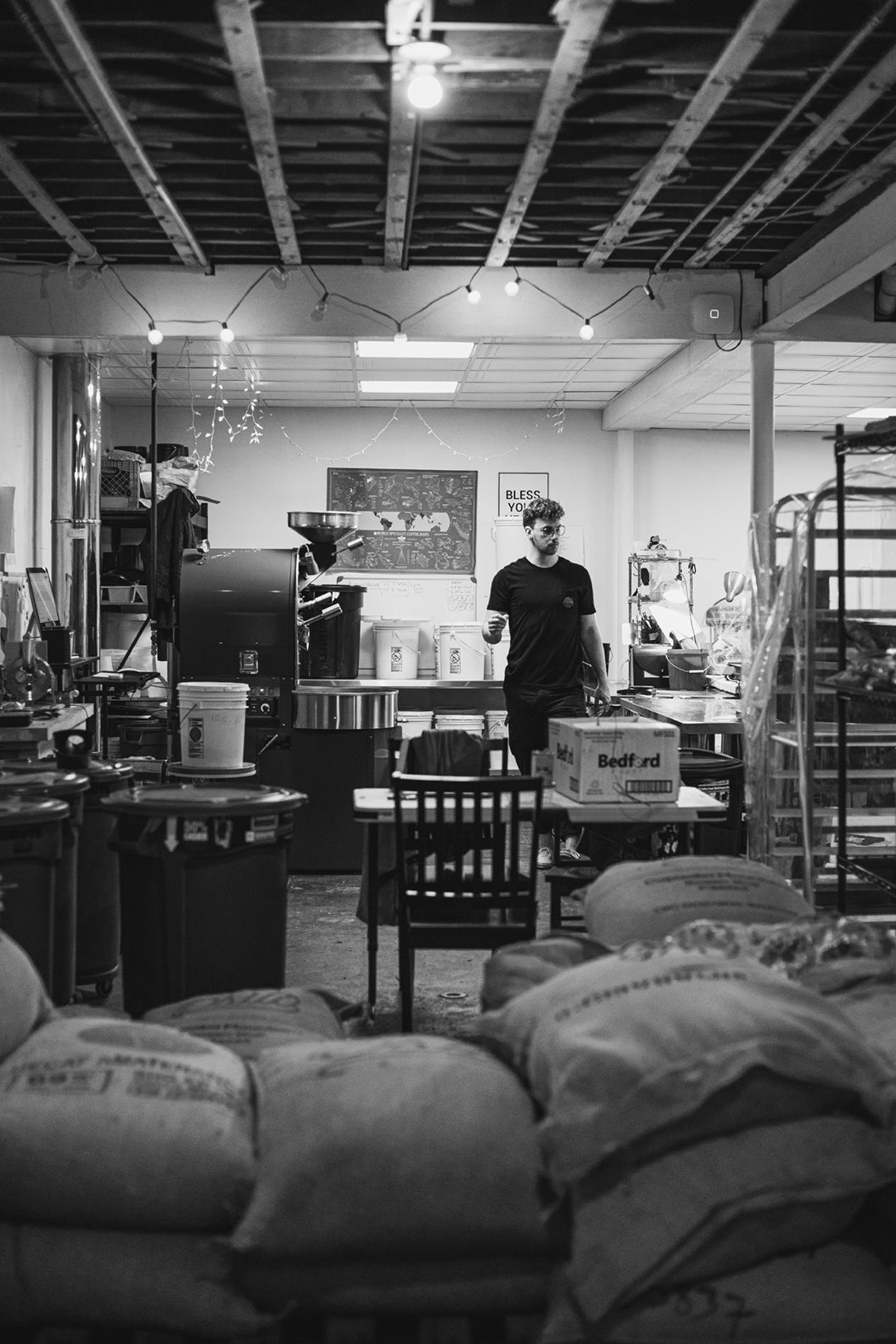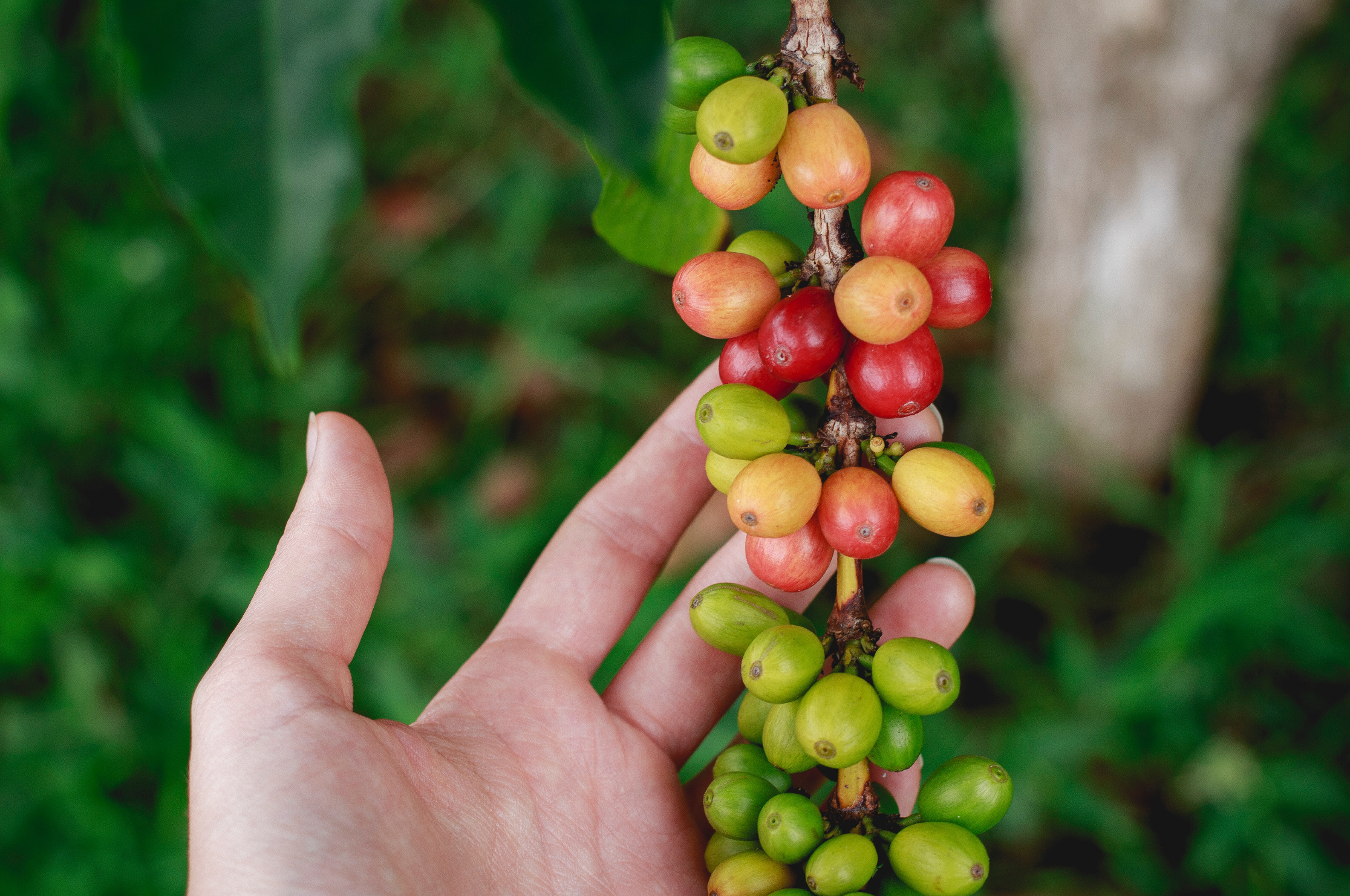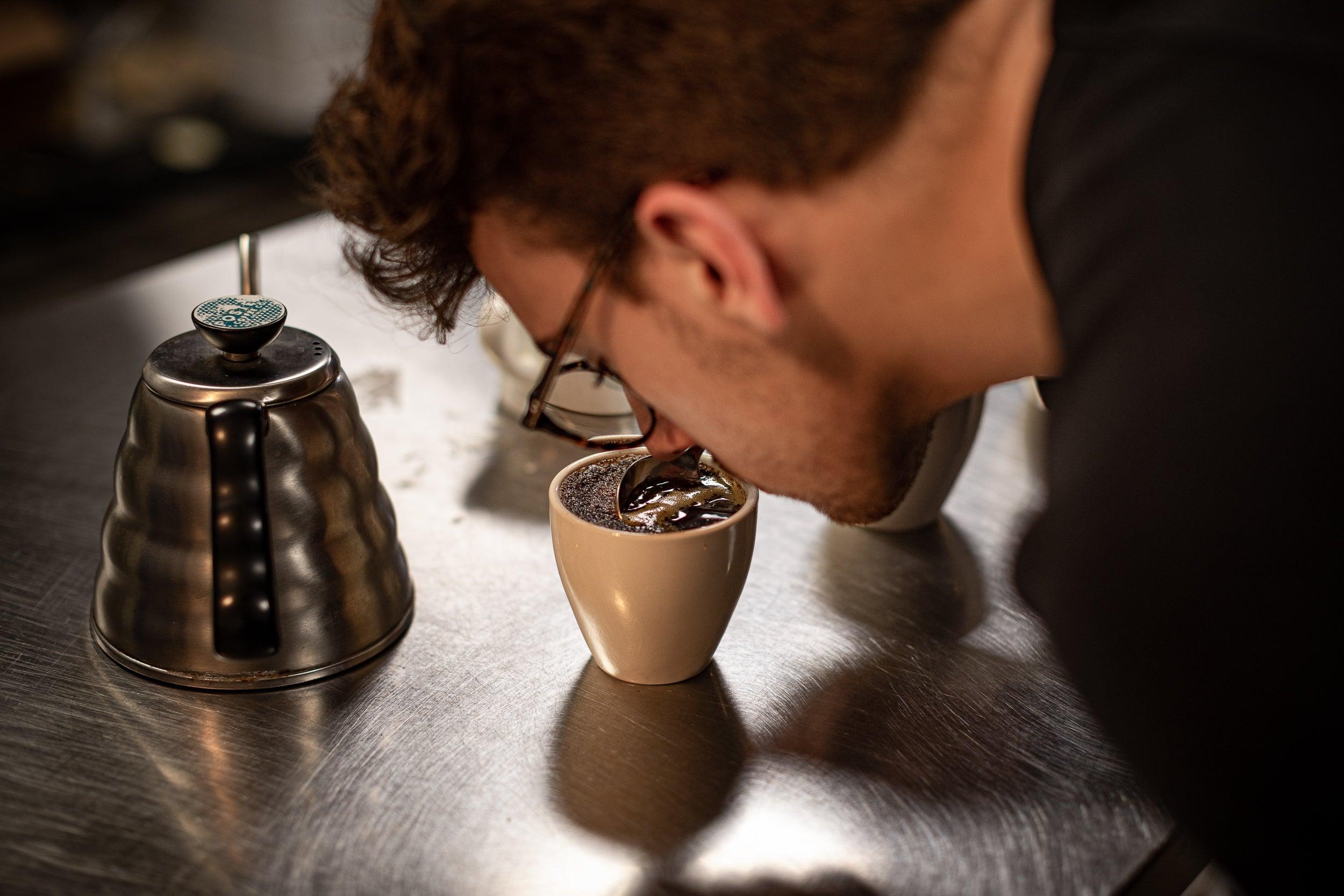"How To Choose A Coffee Roaster: 10 Tips For Success"

Introduction
With so many options for coffee roasters, choosing one can feel like a big decision. Researching is often done online by using Google, scouring the industry blogs, or by asking your local baristas. Even after all that, finally selecting, waiting for it to arrive, and brewing it can still leave you with a bitter taste in your mouth. So to help you find your favorite cup, we've put together a list of a few things you should take into account when choosing a coffee roaster for wholesale. This article will give you 10 tips for success.
- Determine your own goals
- Discover their roasting philosophies
- Learn their company history
- Discover where they source their green coffee
- Discover if they offer training and support
- Determine what types of coffees they carry
- Determine their price points
- Discover if they have any discounts
- Discover if they offer white labeling
- Determine if they are a vendor or a partner
1. What are your goals with your coffee program?
When it comes to selecting a coffee roaster, the first thing to consider is your own goals with your coffee program. Ask yourself what type of customer you're going to target and how you would like to present your brand in the market. Is your customer demographic knowledgeable about craft coffee or will you be educating them? Is espresso-based drinks your main focus? Are you just starting with brewing drip coffee only? Do you want to provide customer education or cuppings so they can explore the different flavors and tastes of the beans? What volumes of beans do you need? What blends are you looking for? Do you need multiple roasts? Knowing the answers to these questions based on your goals will help you narrow down the selection considerably and give you an idea of the type of roaster you should be looking to select.
2. What are their roasting philosophies?
Once you have identified your goals with your coffee program, research which roasters are producing the kind of coffee you are looking to serve. Check out the roaster’s website and take the time to evaluate their roasting philosophies. Do they emphasize a light-roast profile, or do they specialize in complex and rare coffees? Do they tend to have a lot of fruity natural process coffees or washed coffees with bold and heavy tasting notes? Do their coffees have a consistent flavor profile? Are they experimenting with new coffee varietals? Some roasters will predetermine to roast light or dark regardless of the coffee's potential. Understanding the roaster’s philosophies will help you narrow down your selection and determine if they will be able to provide the type of coffee you and your customers are looking for. Look for customer reviews to see how other customers have described the roaster’s coffee and contact or visit other companies that serve their coffee to get their feedback and try the coffee. Visit the coffee roaster's websites to see if you can request samples to try yourself.
3. What is their company history?
Beyond just checking out the coffee, take a look at the coffee roaster’s history and their experience in the industry. How long have they been around? How many awards have they won? Have their coffees been featured in any prestigious events or regions? Also check if they are serving specialty coffee (anything rated above an 80 on a 100 point cupping scale). Typically, the more knowledge a roaster has, the better quality of coffee they will be able to produce. When researching the roaster’s history, find out where their roasting facility is located and what their roasting process entails. Additionally, consider the distance between the roasting facility and your own location, as it will help in determining any shipping or delivery timelines that need to be factored into ordering.
4. Where do they source their green beans?
When it comes to coffee and the quality and consistency of the final roast we have to start with the source of the coffee beans. Find out whether the coffee roaster sources their green beans from a few local farms, or they work with many farmers in different regions. Ask who do they work with to import their coffee. A high-quality roaster will always put a lot of focus on sustainability, traceability, and ensuring that the farmers they do business with are fairly compensated. It’s also important to find out the process behind the beans they are roasting. Ask if they have quality control measures in place to ensure that the beans are unadulterated, fresh, and of the highest quality. Many roasters will also provide information about the regions or countries the beans come from and their particular flavor notes. This can help you decide if their beans fit your desired palate and inspire new ways for you to talk about the coffee with your customers.
5. Do they offer training and support
Another factor worth considering is the type of training and support the roaster offers to ensure you are getting the best from their products. Some roasters will have their own trainers and technicians, who can help you educate your staff and provide guidance in achieving the best flavor from the beans. Find out if they have a comprehensive training program in place, including how to brew the coffee properly and other important topics. Many roasters also provide pre-roasted samples of their coffees. This allows you to try the coffee and explore its complexity. If you're just starting out, check what type of brewing equipment they recommend for their coffees, as this could save you time and money and help you determine start-up costs.
6. What types of coffee do they typically offer?
Before you choose a coffee roaster, it’s important to find out what types of coffee they offer. Some roasters will specialize in one specific type of coffee, while others offer various blends, Single Origin coffees, espresso-based drinks, or rare varieties. For example, if they have a house-blend coffee, what types of coffees go in that blend year-round? Additionally, find out if they are offering any seasonal varieties, like holiday blends or coffees harvested from different seasons. This will give you opportunities to offer your customers seasonal and consistent options.
7. What is their price point?
When choosing a coffee roaster, it’s important to consider their price point. Many roasters have different pricing models depending on the size of the order, the type of coffee, and the delivery location. However, some may also offer discounts for large volume orders and for those with a specific type of coffee roasting needs. Make sure to ask for pricing information upfront and compare it with other local roasters to find if the price point fits your goals. Keep in mind that specialty coffee (or craft coffee) typically comes with a higher price point than what is commonly found on the grocery store shelves or in your local Starbucks. Also review their terms of payment and delivery. Do they offer net terms, shipping discounts, or other payment options?
8. Do they offer discounts?
In addition to asking about the roaster’s price point, you should also find out if they offer any discounts. Some coffee roasters may offer special discounts for volume, length of a contract to purchase coffee, or discounts as introductory rates. Some roasters will provide training and support for free if you sign an exclusive contract to purchase coffee from them with enough volume. These options can be great for those with less cash or knowledge to start a coffee program and want a longer term partnership. Either way, it's important to ask what discounts and services are available.
9. Do they offer white labeling options?
Selling great coffee is plus, but being able to sell that great coffee as your own brand is the perfect way to partner together. Check to see if the roaster offers white labeling options. White labeling is where you feature your company brand front and center, with the producer being listed as a small component of the packaging, or not at all. Some companies will offer custom bags, labels, and other options you can choose to sell your brand to your customers. This is a great opportunity to make money and elevate your company.
10. Are they a vendor or a partner?
When you identify your goals as a company, it's important to note whether you're looking for a coffee vendor or a coffee partner. Some larger companies can offer cheap pricing but skimp on customer support and training, leaving you on your own to figure out your coffee program. For some with extensive coffee knowledge who know the type of the coffee they're looking for, a simple transaction is all that is needed. For those who want help to grow their business, serve consistently great coffee, and have a team in their corner when the unexpected comes, coffee partnerships are the better option. Ask your coffee roasters what the nature of the relationship will be? Do you have an account manager? How large is their team and do you talk to the person who roasts your coffee? Ask other customers what their experience has been to get references and sense of the type of relationship you'll have if you move forward.
Conclusion
So there you have it, 10 tips to help you successfully choose a coffee roaster. This list isn't exhaustive, but it comes with our experience working with coffee shops, restaurants, non-profits, and other companies around the country, and we believe it will help point you in the right direction to narrow down your search. For further questions regarding how to choose a coffee roaster or to learn how Foster Coffee can partner with you, contact our roastery team today.
- Tags: Education



